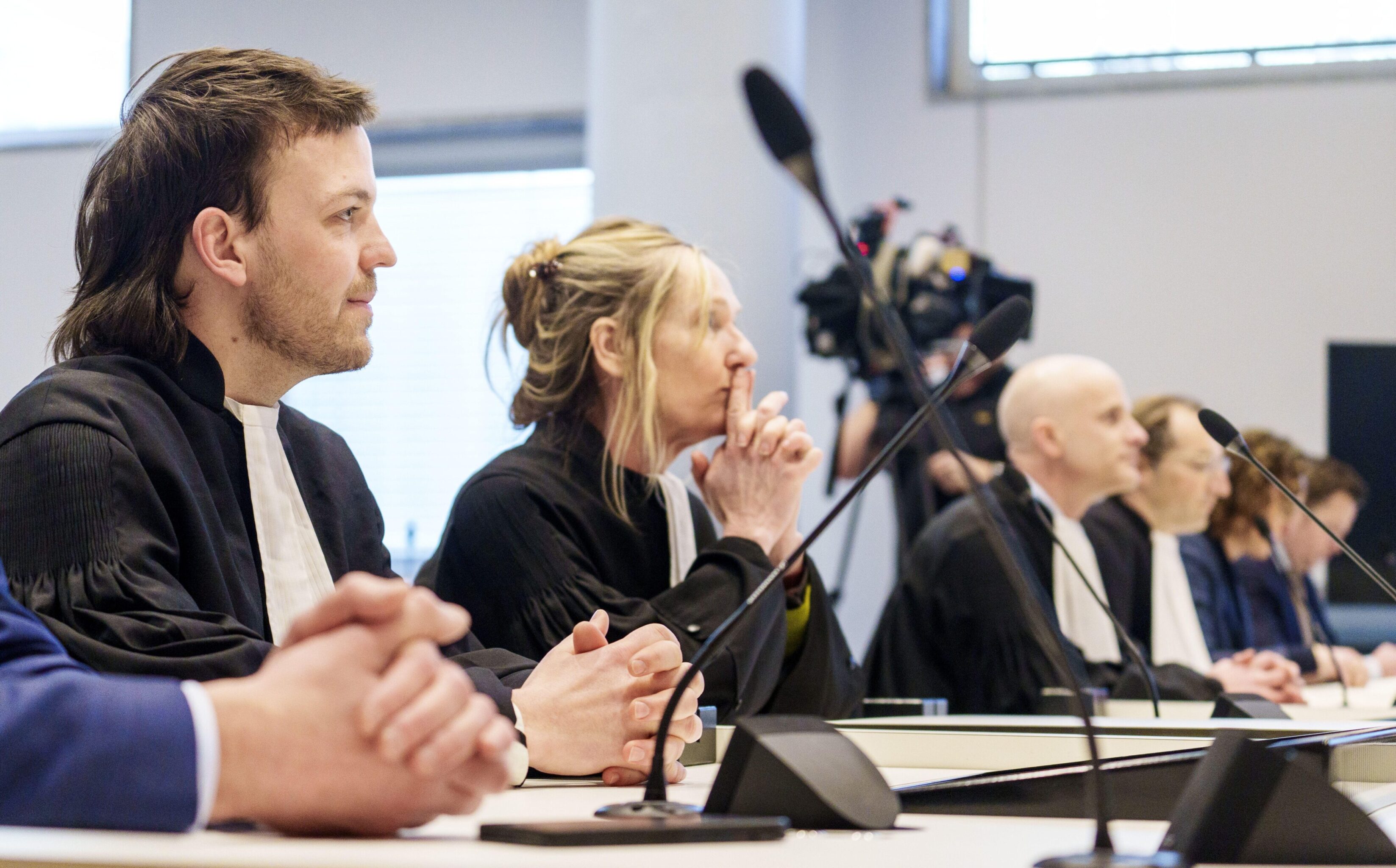The Dutch government must halt the export of F-35 fighter aircraft parts to Israel within seven days, according to the ruling of The Hague Court of Appeal. The verdict aligns with the demands of Oxfam Novib, PAX, and The Rights Forum.

On Monday, in an appellate ruling, it was determined that the Netherlands must cease the export of parts for F-35 fighter aircraft to Israel within seven days, as demanded by Oxfam Novib, PAX, and The Rights Forum. The court found in favor of the organizations on all counts. Gerard Jonkman, director of The Rights Forum, described the decision of The Hague Court of Appeal as “a tremendous victory, justice prevails.”
From its European F-35 distribution center in Woensdrecht, the Netherlands supplies F-35 parts to several countries, including Israel. In 2016, the State granted a general license for this export.
The three organizations argued that Israel, by deploying the F-35s in its offensive in the Gaza Strip initiated on October 7, 2023, violated the humanitarian law of war. Based on this, they demanded last November in a summary proceeding that the export of parts to Israel be halted and the license revoked.
Minister Liesje Schreinemacher for Foreign Trade and Development Cooperation (VVD) had decided that the license could be maintained, despite warnings from legal advisors at her ministry that the use of F-35s could indeed lead to “serious violations of humanitarian law of war.” In her decision, the minister heavily weighed that revoking the license would damage relations with Israel and the USA, as well as the Dutch economy.
On December 15, the judge denied the organizations’ demand. According to the verdict, Schreinemacher’s decision was “strongly political and policy-oriented in nature, and the court must afford the minister a wide degree of freedom in this regard.” The organizations announced their intention to appeal. The appeal was heard on January 22, with the verdict following on Monday.
The Hague Court of Appeal, February 12, 2024
In its ruling, the Court of Appeal dismissed the lower court’s argumentation. According to the court, it is established that Israel, in its attacks with F-35s on targets in the Gaza Strip, fails to sufficiently consider the consequences for the civilian population. The attacks “have resulted in a disproportionate number of civilian casualties, including thousands of children.”

The court determined “that there is a clear risk that the F-35 fighter aircraft of Israel could commit serious violations of humanitarian law of war in the Gaza Strip.” When such a risk exists, the Netherlands, based on international treaties including the Arms Trade Treaty, must prohibit the export of military goods, according to the court’s judgment:
This means that no export of F-35 parts to Israel may take place from the Netherlands. The Minister, in her decision not to intervene in the export license, has wrongly failed to comply with these international obligations. The court thus orders the State to cease further export of F-35 parts to Israel within seven days.
Director Jonkman of The Rights Forum called the ruling “devastating for the State” and “a victory for the international legal order”:
The judge shredded the State’s arguments. It was, as they say, a case of ‘mincing Monday’ in The Hague. The significance of the ruling is immense: human rights and the international legal order must not be subordinated to relations with Israel and the USA, nor to economic interests.
Jonkman dedicates the ruling of The Hague Court of Appeal to the 2.3 million residents of the Gaza Strip and to Dries van Agt, the founder of The Rights Forum who passed away last week and tirelessly advocated for justice and the enforcement of international law.